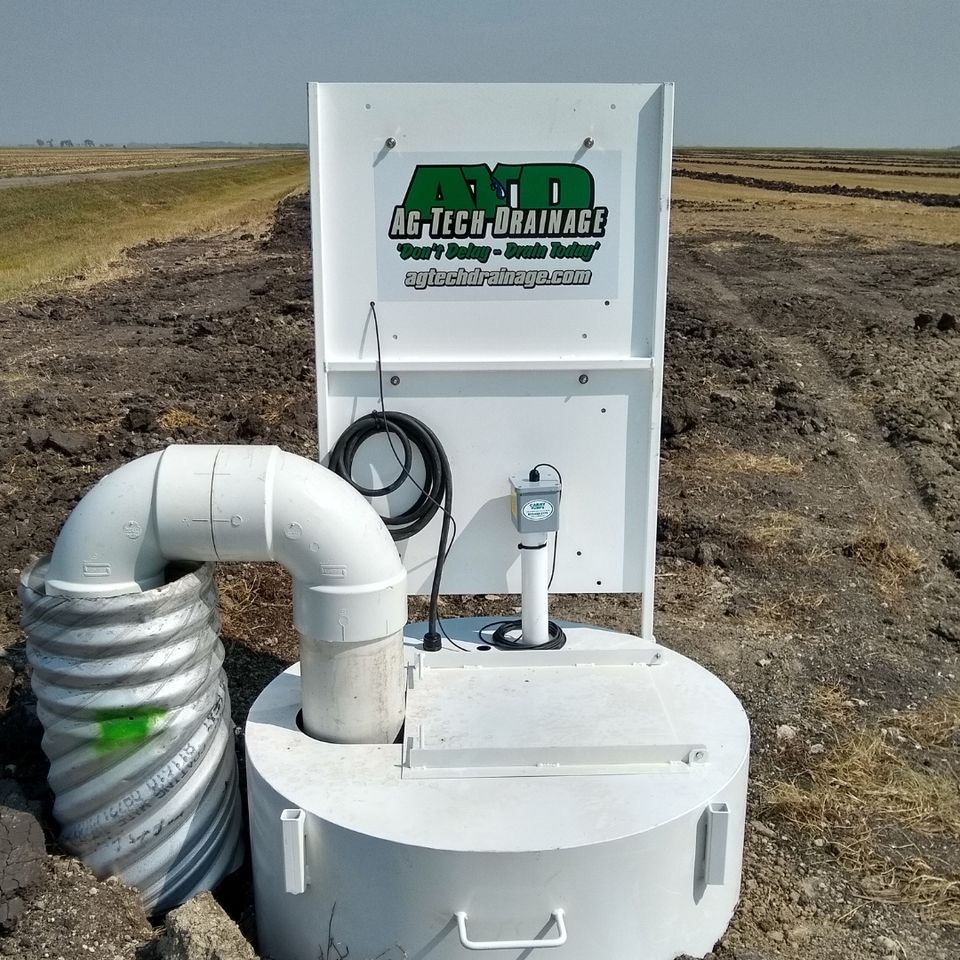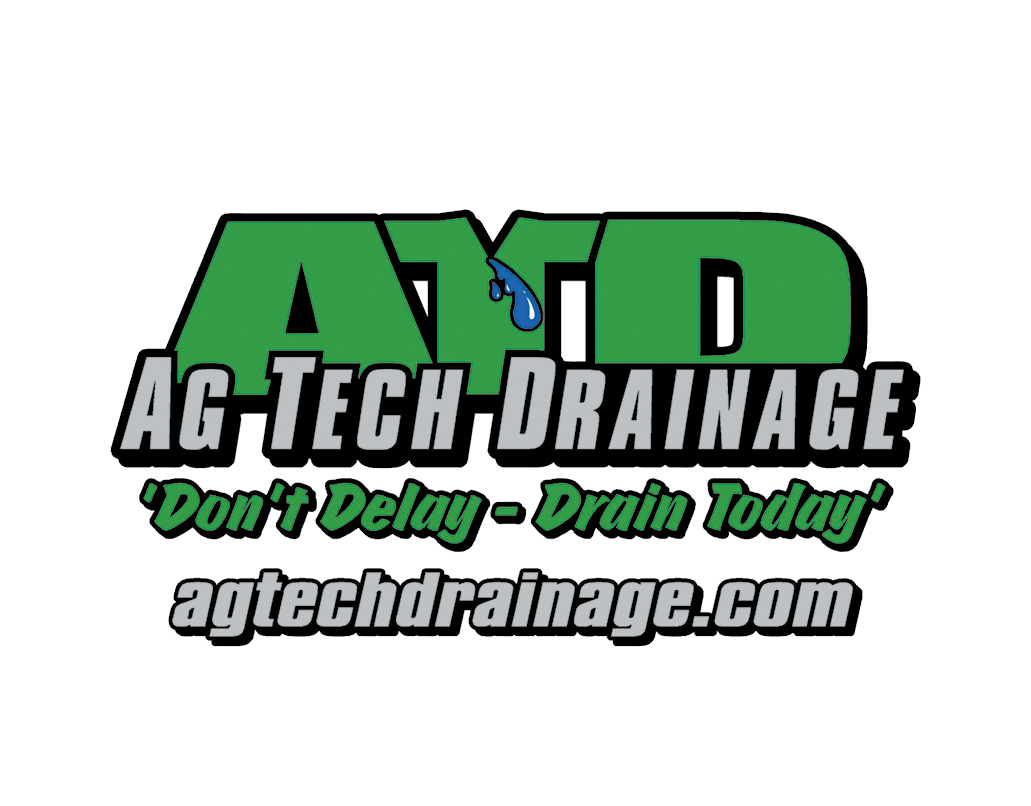
Pump Stations Explained: The Key to Proper Farm Drainage
Water management is a critical factor in ensuring a successful, profitable farm operation. But for any drainage system to function effectively, especially in low-lying fields or flat terrains, pump stations become an essential component. Farm pump station services help ensure fields are drained efficiently, preventing water from pooling and affecting crop growth. This blog explores how pump stations work, their role in farm drainage, and the significant benefits they bring to modern agriculture.
Why Are Pump Stations Vital for Farm Drainage?
While traditional gravity-based drainage systems work well in fields with natural slopes, many farms face conditions where water does not naturally flow to an outlet. This is where pump stations come into play. They actively move excess water from areas with poor drainage, ensuring fields remain plantable and fertile.
Here’s why pump stations are a must for certain farms:
- Managing Low-Lying Fields
Farms in low-lying areas are prone to standing water after heavy rains. Pump stations lift water from these fields and direct it to appropriate outlets, preventing waterlogging.
- Improving Drainage in Flat Terrain
Flat fields don’t provide the natural slope necessary for gravity-driven drainage systems. Pumps provide a controlled solution to move water effectively.
- Ensuring Timely Field Access
Pump stations reduce the drying time for fields, allowing farmers to plant, cultivate, and harvest without delays caused by waterlogged soil.
How Do Farm Pump Stations Work?
Farm pump stations are engineered systems designed to move water from fields to designated drainage outlets.
Here’s a breakdown of their main components and how they function:
Here’s a breakdown of their main components and how they function:
1. Intake Structure
This is where water collects before being pumped out. The intake structure includes filters or screens to prevent debris from entering the pump.
2. Pump
The heart of the system, the pump moves water from the intake structure to the outlet. Pumps vary in size and capacity, tailored to meet the specific drainage needs of each farm.
3. Power Source
Pump stations are powered by electricity or fuel, ensuring consistent operation regardless of weather conditions or field size.
4. Control Systems
Modern pump stations often include automated controls, such as water-level sensors and flow monitors, enabling precise operation and reducing manual work.
5. Outlet Structure
This directs water away from the fields and into drainage ditches, waterways, or retention ponds.
By working together, these components ensure efficient removal of excess water, maintaining optimal growing conditions for crops.
Key Benefits of Farm Pump Station Services
Investing in a pump station can transform your farm’s water management. Here are the top benefits of incorporating farm pump station services into your drainage solutions:
1. Enhanced Water Management
Pump stations provide precise control over water levels, ensuring that fields are neither too dry nor too wet.
2. Improved Crop Yields
Effective drainage prevents waterlogging, which can cause root rot and stunted plant growth. Well-drained fields result in healthier crops and higher yields.
3. Maximized Land Use
Areas unsuitable for farming due to poor drainage can become productive when properly equipped with a pump station.
4. Adaptability to Unpredictable Weather
With changing rainfall patterns and extreme weather events, pump stations offer a reliable way to manage excess water and protect your crops.
5. Long-Term Savings
While initial installation requires an investment, pump stations save money over time by reducing crop losses, minimizing field maintenance, and improving overall farm productivity.
How Ag Tech Drainage Supports Your Pump Station Needs
Choosing the right provider for pump station services ensures your investment delivers maximum performance and reliability. Ag Tech Drainage specializes in designing, installing, and maintaining pump stations tailored to the unique needs of each farm.
What Sets Ag Tech Drainage Apart?
- Custom Solutions
Ag Tech Drainage evaluates your field’s design and creates pump stations specifically suited to your drainage challenges.
- Expert Installation
Their team ensures every system is installed with precision, utilizing advanced technology like GPS and LIDAR for accurate operation.
- Reliable Support
From consultations to parts replacement and servicing, Ag Tech Drainage provides comprehensive support for your pump station for years to come.
- Proven Results
Backed by decades of experience, Ag Tech Drainage helps farmers improve water management, boost yields, and save on costs with efficient pump stations.
Explore our pump station services in more detail here.
When to Consider Adding a Pump Station
Not every farm requires a pump station, but they are indispensable in specific scenarios. Consider installing one if:
- Your land is primarily flat or has little natural gradient.
- You farm in low-lying areas prone to water pooling.
- Poor drainage is delaying your planting or harvesting timelines.
- Your current drainage system isn’t effectively removing excess water.
A consultation with Ag Tech Drainage can help determine whether a pump station is the right solution for your farm.
Take Control of Your Farm’s Drainage
Pump stations are a game-changer for farms dealing with challenging water management conditions. By ensuring efficient drainage, they help reduce crop loss, enhance soil health, and boost profitability.
Don’t wait for water retention to harm your operations. Explore how Ag Tech Drainage can design and install a pump station tailored to your needs. Our farm pump station services are backed by industry-leading expertise and a commitment to helping farmers achieve better results.
